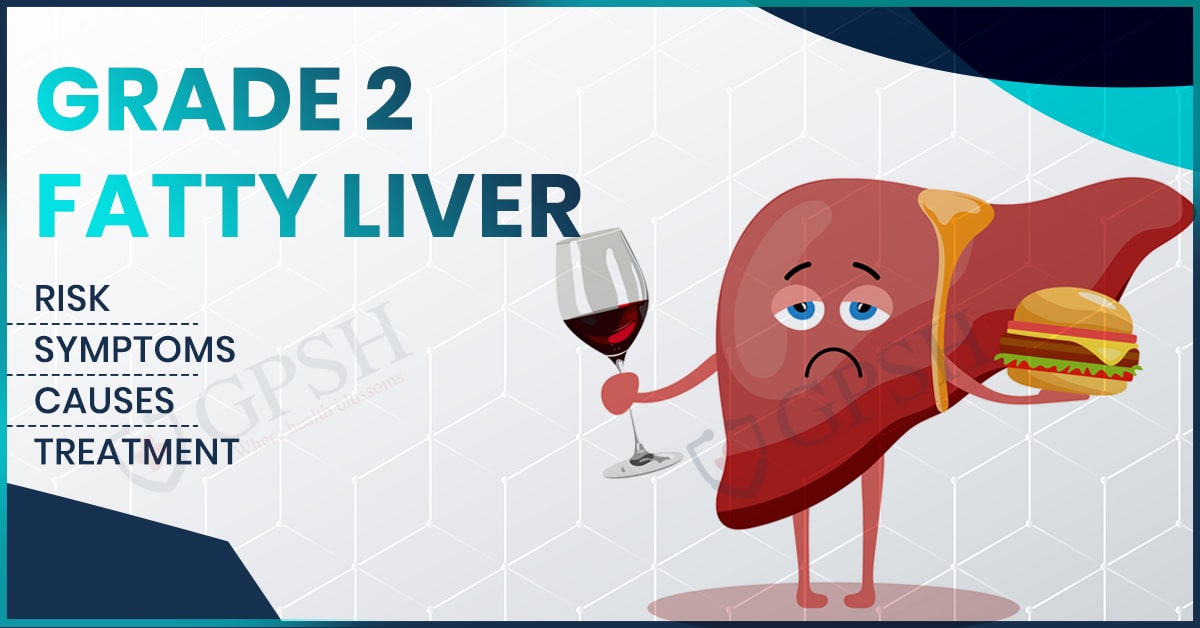Introduction
Feeling bloated or uncomfortable due to trapped gas in the digestive tract? You are not alone. People hold their feet up with gas and the discomfort it causes, in the most inconvenient times. There are several home remedies for gas that bring almost instant relief without drugs. In this article, we will explore home remedies for gas that utilize natural ingredients and processes to soothe the digestive system. We shall also look at some novel methods to treat gas at home for immediate relief that fit easily into your everyday life. There are also some simple but effective exercises to get the gas out and bring some fast relief. Whether it is something that happens often or just happens now and then, this manual has practical answers to get you going again with ease.
Common Causes of Stomach Gas
Stomach gas is a natural digestive process. Yet it can become excessive and perhaps cumbersome, in which case some habits or underlying conditions may be involved. Knowing the causes will help you choose the best home remedies for gas and treatments for relief at home. Some common causes are as follows: Swallowing air, eating or drinking too fast, chewing gum, or talking while eating could have you swallowing air, which gets trapped in the stomach, leading to gas.
- High-Fiber Foods: While fiber is key for proper digestion, an excess may cause gas, especially from beans, lentils, broccoli, cabbage, and onions, since they ferment in the gut.
- Carbonated Drinks: These drinks release carbon dioxide in the stomach and hence promote gas formation.
- Food Intolerances: Conditions such as lactose intolerance or gluten intolerance can prevent proper digestion and cause bloating and gas.
- Constipation: When stools accumulate in the colon, they block the normal passage of gas, producing sensations of fullness and pressure.
- Digestive Disorders: Diseases like irritable bowel syndrome (IBS), gastroesophageal reflux disease (GERD), and small intestinal bacterial overgrowth (SIBO) frequently make chronic gas worse.
- Poor Eating Habits: Eating too much, indulging in fatty foods, or lying down right after a meal can delay digestion and trap gas inside the stomach.
You can read also:- Normal Cholesterol Level Range: Age-Wise Chart & Guide
Effective Home Remedies to Reduce Gas
When bloating and discomfort are present, natural remedies often work swiftly and permanently. Various gas remedies from the household are safe and easy, yet work well. They work by stimulating digestion, cutting down inflammation, or outright stopping gas buildup. Below are some of the best home remedies for the relief of gas:
- Ginger Tea: The ginger herb is considered to aid digestion; drinking ginger tea relaxes the smooth muscle of the intestines and stimulates digestion, thus reducing gas formation.
- Warm Water with Lemon: Lemon water promotes digestion and moves gas through the digestive tract. Drinking warm water with freshly squeezed lemon juice upon waking up can be an antidote for gas.
- Peppermint: Having peppermint tea or taking peppermint oil capsules can help calm the intestines and relieve bloating. Peppermint relaxes the gastrointestinal tract so that the gas can pass more easily.
- Ajwain (Carom Seeds): Ajwain is an Indian remedy. It contains thymol, which helps release stomach acids and improve digestion. Chewing a pinch of ajwain with a little salt can provide instant gas relief.
- Apple Cider Vinegar: Mixing one tablespoon of apple cider vinegar in a glass of warm water and having it before meals helps in digestion and prevents gas formation.
- Fennel Seeds: Chewing fennel seeds or drinking fennel tea after meals is a common remedy for gas. Fennel relaxes the digestive tract and has carminative properties that prevent gas buildup.
- Asafoetida (Hing): A pinch of hing mixed with warm water can help relieve gas and bloating. It has strong anti-flatulent properties that ease gas quickly.
What are Gentle Exercises to Release Gas?
Once gas is formed in the digestive tract, it causes bloating, cramping, and discomfort. Beyond flushing away home remedies for gas, simple moves offer immediate and natural treatment. Touch and gentle movements stimulate digestion, enhance the passage of gas, and decrease bloating. Some effective home exercises for gas release are included in the following list:
- Wind-Relieving Pose (Pawanmuktasana): This yoga pose is intended to help with the expulsion of trapped gas. Lying on the back with one or both knees drawn to the chest, gently hug the knees. Hold for 20-30 seconds with deep breathing and repeat several times.
- Child-Poses (Balasana): This relaxing pose calms the digestive organs and relieves pressure caused by trapped gas. Kneel, sit back on the heels, stretch the arms forward on the floor, and place the forehead down. Then breathe slowly.
- Half Forward Bend (Paschimottanasana): Sit with legs stretched out in front of you and bend forward to reach the tip of your toes. This pose massaging the abdominal organs stimulates bowel movements, thus helping in gas release.
- Knee-to-Chest Stretch: Lie flat on your back and bring one knee to the chest, hold it for a few seconds, then switch to the other knee. You may also bring both knees at once. This stretch helps propel the movement of gas in the intestines.
- Torso Twists: While sitting or standing, gently twist your torso from side to side. Twisting motions massage the intestines and help in the movement of gas through the digestive tract.
- Walking: A brisk walk after meals can do wonders for digestion. It encourages the movement of food and gas through your system and prevents it from becoming trapped.
- Cat-Cow Stretch: This dynamic yoga pose involves arching and rounding your back while on all fours. It increases circulation in the abdomen and encourages trapped gas to move along the digestive tract.
You can read also:- Laser Revolution in ENT Surgeries: Benefits, Risks, and Advancements
Daily Tips to Stay Away from Gas Trapped in Your Body
When it comes to gas buildup, prevention can be far easier than a cure. Practicing just a few hygiene habits consistently will greatly reduce the likelihood of developing any kind of discomfort related to gas. Here are some additional helpful tips to take alongside home remedies for gas as part of the proactive home treatment for relief and prevention from gas:
- Warm Water First Thing in the Morning: Metabolism kick start occurs by drinking a glass of warm water first thing in the morning, which clears out the digestive system, thus preventing any accumulation of gas during the day.
- Eat Probiotic Foods: Yogurt should be eaten regularly, or probiotic preparations can be ingested to keep your gut bacteria in good health, so that digestion works fine and less gas is produced.
- Eat Small Meals More Often: Have 5-6 smaller meals, being careful that these are not too heavy, rather than three big meals. This avoids bloating as the digestive system is never overburdened.
- Add Fiber Slowly: If you really want to increase your fiber content, do it slowly and make sure you drink a lot of water. This is important because too much fermentation of fiber in the gut usually causes gas.
- Make Herbal Teas Your Daily Appeal: After meals, sip herbal teas such as peppermint, fennel, or ginger. These herbal aids work wonders in preventing gas formation.
- Cure Gas by Chewing Fennel Seeds: Make it a daily routine of chewing a handful of fennel seeds after lunch or dinner. It aids digestion and prevents gas buildup.
- Deep Breathing and Stretching in the Morning: Start your day with five minutes of deep breathing exercises or very mild stretching. It helps the digestive system, and a reduction in abdominal tension prevents gas.
- Walk After Each Meal: Have a stroll for 10-15 minutes after eating. It enhances digestion, ensuring food doesn’t become stagnant in the digestive tract.
- Have Set Meal Times: Meals should be eaten at the same time every day. Irregular eating may throw the digestive rhythm off balance, resulting in inefficient digestion and gas.
- Stay Upright After Meals: Even if you are sleepy, try not to lie down after a meal. Food should move through the stomach and intestines if you spend at least thirty minutes sitting upright.
Conclusion
Gas in the stomach is indeed a common discomfort. The good thing is that the problem can often be managed at home using simple remedies, practical home treatments for gas relief, and easy stretches or exercises that help in releasing gas. These natural approaches, from sipping on herbal teas to engaging in yoga, work in tandem to relieve the patient and support digestive health in the long run. Yet, frequent bouts of gas or those that cause greater distress might indicate an underlying digestive issue worthy of medical attention.
Typically, this condition is handled by the Gastroenterology, a system that deals with the diagnosis and treatment of disorders of the digestive system. Not only are people receiving effective treatment against gas and other related ailments at Shekhawati Hospital, but there is also expert guidance helping them understand the root cause of their symptoms. The hospital collaborates with patients to demonstrate how lifestyle and dietary adjustments can be made to prevent the recurrence of these problems, thereby acting as a center of excellence in digestive health.








